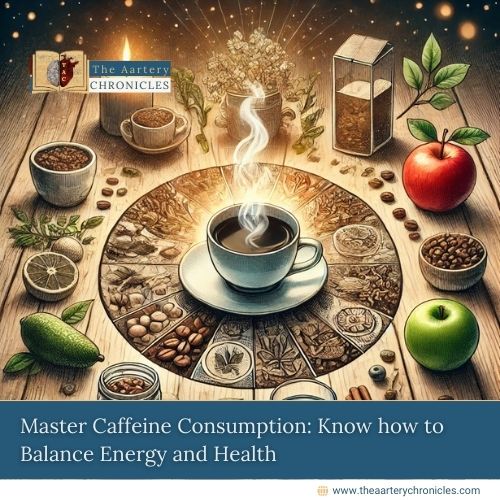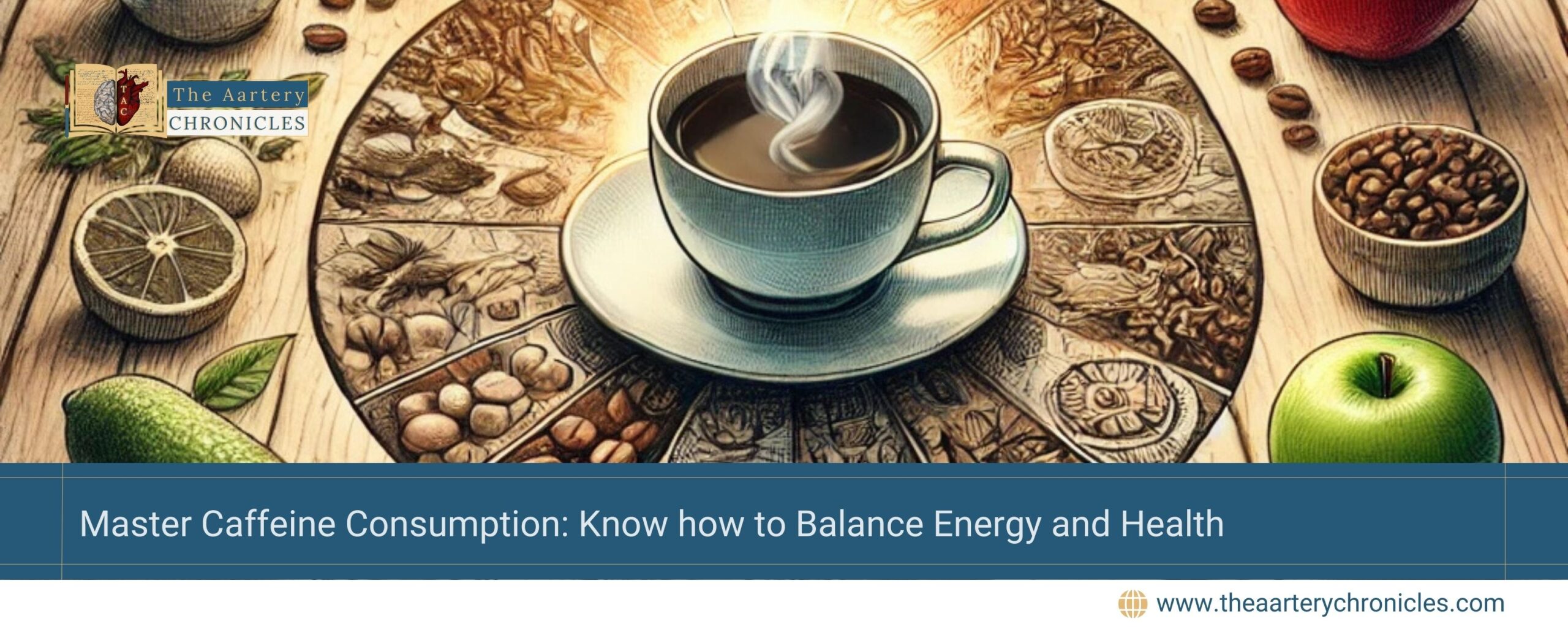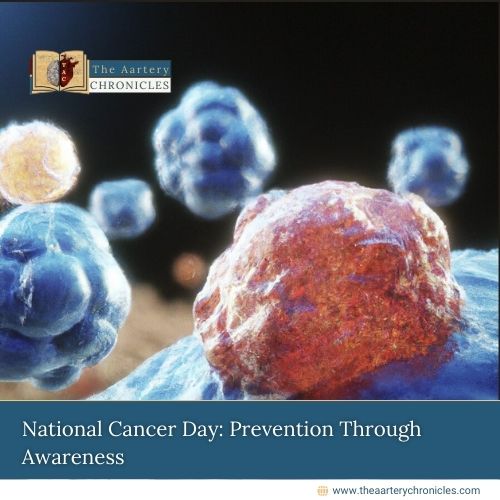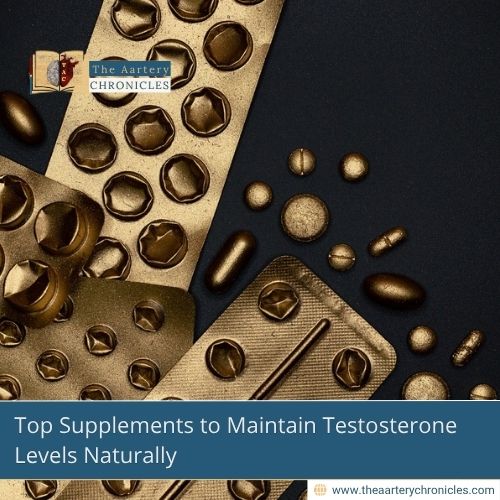

Master Caffeine Consumption: Know How to Balance Energy and Health
Caffeine is the most widely consumed psychoactive stimulant in the world, offering a quick energy boost, improved alertness, and enhanced cognitive performance. While moderate caffeine intake is generally safe for most adults, excessive consumption can lead to various health issues, including addiction, sleep disturbances, anxiety, and digestive problems. It’s essential to understand how caffeine affects your body and to consume it mindfully, especially in a world where it’s readily available in coffee, tea, energy drinks, and even sodas.
Caffeine’s Hidden Effects
Caffeine’s Effects on the Body
- Mental Health: While caffeine can improve focus and mood in the short term, it can also cause anxiety, irritability, and sleep disturbances, especially when consumed in excess.
- Physical Health: Excessive caffeine can lead to digestive issues, dehydration, and increased heart rate. Long-term overuse may even affect bone health and weight management.
- Addiction and Withdrawal: Caffeine addiction is real, and withdrawal symptoms can be challenging. Reducing caffeine intake gradually can help minimize discomfort.
Effects of Caffeine on Children and Adolescents
Given the potential risks to brain development and overall health, it’s important to limit caffeine consumption in younger populations. Sleep disruptions and dietary concerns, such as increased cravings for sugary foods, can have long-lasting effects on growth and development.
Caffeine and Sleep
Caffeine is a known disruptor of sleep patterns, especially when consumed later in the day. Poor sleep can affect
- Mood
- Cognitive function
- Overall well-being
It’s best to avoid caffeine in the afternoon or evening to prevent sleep disturbances.
Practical Tips for Managing Caffeine Consumption
Gradual Reduction
- If you’re looking to cut back on caffeine, start by reducing your intake slowly.
- Abruptly quitting can lead to withdrawal symptoms like
- Headaches
- Irritability
- Cutting down over a few weeks can make the process smoother.
Switch to Decaf or Herbal Alternatives
If you love the taste of coffee or tea but want to avoid the stimulating effects of caffeine, try decaffeinated versions or herbal teas like
-
- Chamomile
- Peppermint
- Ginger
Stay Hydrated
Drinking plenty of water throughout the day can help maintain energy and focus without relying on caffeine.
- Sometimes, we confuse thirst with fatigue, so staying hydrated supports overall health and reduces the temptation to reach for caffeinated beverages.
Incorporate Physical Activity
Regular exercise is a natural way to boost energy levels and combat fatigue.
- Activities like yoga, walking, or short workouts can keep your energy up without caffeine.
Prioritize Sleep
Ensure you’re getting enough rest each night. A good night’s sleep naturally
- Boosts energy levels
- Reduces the need for caffeine to stay alert
Cognitive Behavioral Therapy (CBT)
CBT can help manage caffeine cravings and break unhealthy consumption habits.
- It focuses on identifying triggers, challenging negative thought patterns, and building healthier coping mechanisms. For instance, if stress triggers caffeine cravings, CBT can teach relaxation techniques like deep breathing or mindfulness.
- CBT also supports gradual reduction goals, minimizing withdrawal symptoms and leading to lasting changes.
Wrapping Up: Managing Caffeine Consumption for a Healthier Lifestyle
In this series, we’ve explored the various aspects of caffeine consumption, from its impact on health to practical strategies for managing intake. While caffeine can offer temporary boosts in energy and focus, overconsumption may lead to health issues like insomnia, anxiety, and digestive problems.
The key to enjoying caffeine without harming your health is moderation and awareness of how it affects your body. By incorporating healthier habits, practising mindful consumption, and considering tools like CBT, you can strike a balance that enhances your well-being and energy levels without over-reliance on caffeine.

TAC Desk
Reviewed by Dr Aarti Nehra (MBBS, MMST), Date: 15th January 2025








